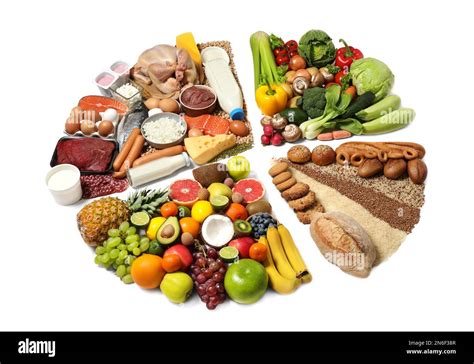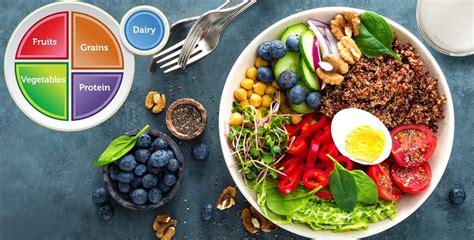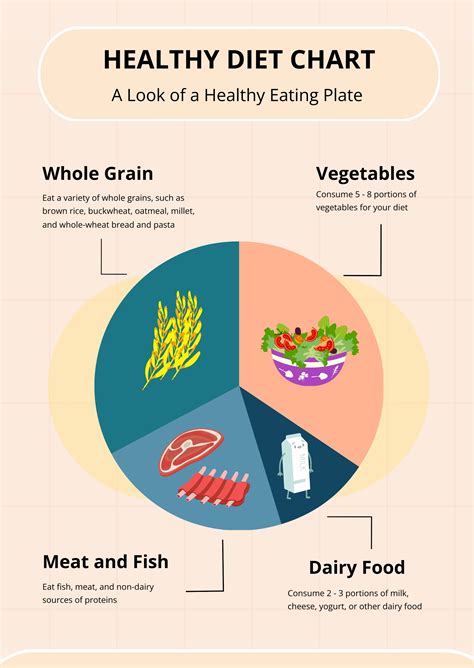What diet & exercise optimize natural testosterone for peak male vitality?

Maintaining optimal testosterone levels is crucial for men’s overall health, impacting everything from energy levels and mood to muscle mass and libido. While synthetic solutions exist, a powerful and sustainable approach lies in harnessing the body’s natural capabilities through strategic diet and exercise. This article delves into the specific nutritional and physical strategies that can optimize your body’s testosterone production, fostering peak male vitality.

The Dietary Blueprint for Testosterone Optimization
What you eat plays an indispensable role in hormone synthesis. To naturally boost testosterone, focus on a balanced intake of macronutrients and specific micronutrients.
Healthy Fats: Your Hormonal Building Blocks
Contrary to popular belief, certain fats are essential for testosterone production. Cholesterol, found in dietary fats, is a precursor to steroid hormones, including testosterone. Prioritize monounsaturated fats (found in avocados, nuts, olive oil) and omega-3 polyunsaturated fats (from fatty fish like salmon, flaxseeds, and walnuts). Avoid trans fats and excessive saturated fats, which can negatively impact cardiovascular health and hormone balance.
Quality Protein for Muscle and Hormones
Adequate protein intake is vital not only for muscle repair and growth but also for supporting a healthy metabolism, which indirectly aids hormone regulation. Opt for lean protein sources such as grass-fed beef, poultry, eggs, and fish. Plant-based proteins like legumes and quinoa also contribute to a balanced diet.
Complex Carbohydrates for Energy and Regulation
While low-carb diets are popular, extremely restrictive carbohydrate intake can sometimes stress the body and suppress testosterone. Complex carbohydrates from whole grains, fruits, and vegetables provide sustained energy, fiber, and essential vitamins, supporting overall hormonal health without causing rapid blood sugar spikes.
Key Micronutrients: Zinc, Vitamin D, and Magnesium
- Zinc: A crucial mineral for testosterone synthesis. Found in oysters, red meat, pumpkin seeds, and beans.
- Vitamin D: More accurately a hormone, Vitamin D is strongly correlated with testosterone levels. Get it from sunlight exposure, fatty fish, and fortified foods.
- Magnesium: Important for muscle function and sleep quality, both of which impact testosterone. Found in dark leafy greens, nuts, seeds, and whole grains.

Exercise Strategies to Ignite Testosterone Production
Physical activity, particularly certain types, is a potent stimulator of natural testosterone. The key is to challenge your body effectively without overtraining.
Embrace Strength Training
Resistance training, especially involving compound movements (exercises that work multiple muscle groups simultaneously), is paramount. Squats, deadlifts, bench presses, and overhead presses stimulate a significant hormonal response. Aim for 3-4 sessions per week, focusing on heavy weights with lower repetitions (e.g., 5-8 reps) to maximize testosterone release.
High-Intensity Interval Training (HIIT)
Short bursts of intense exercise followed by brief recovery periods can also effectively boost testosterone. HIIT workouts are time-efficient and have been shown to improve overall fitness and hormone profiles. Examples include sprint intervals, battle ropes, or kettlebell swings.
The Danger of Overtraining and Chronic Cardio
While exercise is beneficial, excessive or prolonged moderate-intensity cardio can sometimes elevate cortisol (the stress hormone) and potentially suppress testosterone. Listen to your body, incorporate rest days, and prioritize strength and HIIT over long, exhaustive cardio sessions. A balanced approach is crucial.

Beyond Diet and Exercise: Lifestyle Factors for Optimal Testosterone
Even with perfect diet and exercise, other lifestyle elements significantly influence your hormonal health.
Prioritize Quality Sleep
Testosterone is primarily produced during deep sleep phases. Chronic sleep deprivation can drastically lower testosterone levels. Aim for 7-9 hours of high-quality sleep per night. Establish a consistent sleep schedule, create a dark and cool sleep environment, and avoid screens before bed.
Master Stress Management
Chronic stress leads to elevated cortisol, which directly interferes with testosterone production. Incorporate stress-reducing techniques into your daily routine, such as meditation, yoga, deep breathing exercises, spending time in nature, or engaging in hobbies you enjoy.
Limit Endocrine Disruptors
Be mindful of environmental toxins and endocrine-disrupting chemicals found in plastics (BPA, phthalates), pesticides, and certain personal care products. These can mimic or interfere with hormones, potentially impacting testosterone. Opt for natural products and store food in glass containers where possible.

Conclusion: A Holistic Path to Peak Male Vitality
Optimizing natural testosterone for peak male vitality isn’t about quick fixes but rather a comprehensive, sustainable lifestyle approach. By consciously choosing nutrient-dense foods, engaging in targeted strength training and HIIT, prioritizing restorative sleep, and effectively managing stress, men can significantly enhance their natural testosterone production. This holistic strategy notically not only supports robust hormonal health but also leads to increased energy, improved mood, enhanced physical performance, and an overall elevated sense of well-being.










